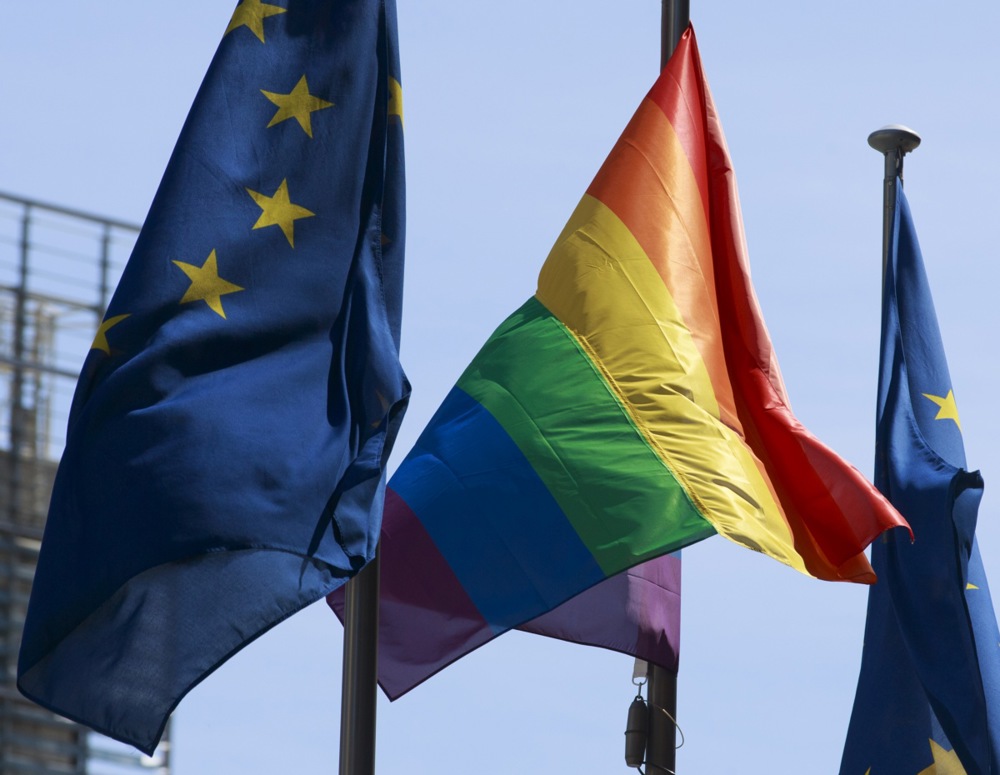The European Commission has rejected claims it has been discriminating against Syrian Christians with its post-earthquake aid programme.
Writing to the Eu executive, Rassemblement National MEP Mathilde Androuët cited apparent evidence that the West was avoiding giving aid to areas with larger Christian populations for “political reasons”.
Crisis Management Commissioner Janez Lenarčič has denied the accusation, insisting that aid provided by the bloc is “distributed solely based on needs”.
He wrote: “Ensuring the protection of all civilians, regardless of their faith, is at the heart of the EU’s humanitarian support.
“The EU strictly adheres to the humanitarian principles of humanity, neutrality, impartiality and independence,” Lenarčič continued. “The EU reaches out to all people in need, without discrimination, including the Christian minority population.”
The Italian island of Lampedusa saw another huge influx of migrants over the weekend. https://t.co/YwvwDzSe9v
— Brussels Signal (@brusselssignal) August 28, 2023
Lenarčič’s insistence that the bloc was helping Syrian Christians in the same way as other groups in the country comes amid questions regarding Western aid in the region.
Since the Turkey-Syria earthquake earlier this year, millions of Euros worth of aid has flooded into the country to help civilians.
According to a report by Vatican News, much of this aid has not made its way to Christians in the country, as most people who practice the religion live in areas under the firm control of the regime of Syrian President Bashar al-Assad.
“Some countries, including France, massively support the regions controlled by the Kurds and the rebels, and give almost nothing for those controlled by the regime,” Vincent Gelot of the L’Œuvre d’Orient charity said.
The report added that while there had been two million Christians in Syria as of 2011, only around a quarter of that number remains.
Some fear that the group could become entirely extinct by the year 2060.
The European Union faces tough questions on the future of EU-Syrian relations following its seventh annual Syria Conference. https://t.co/KpD4tRA0B4
— Brussels Signal (@brusselssignal) June 17, 2023





